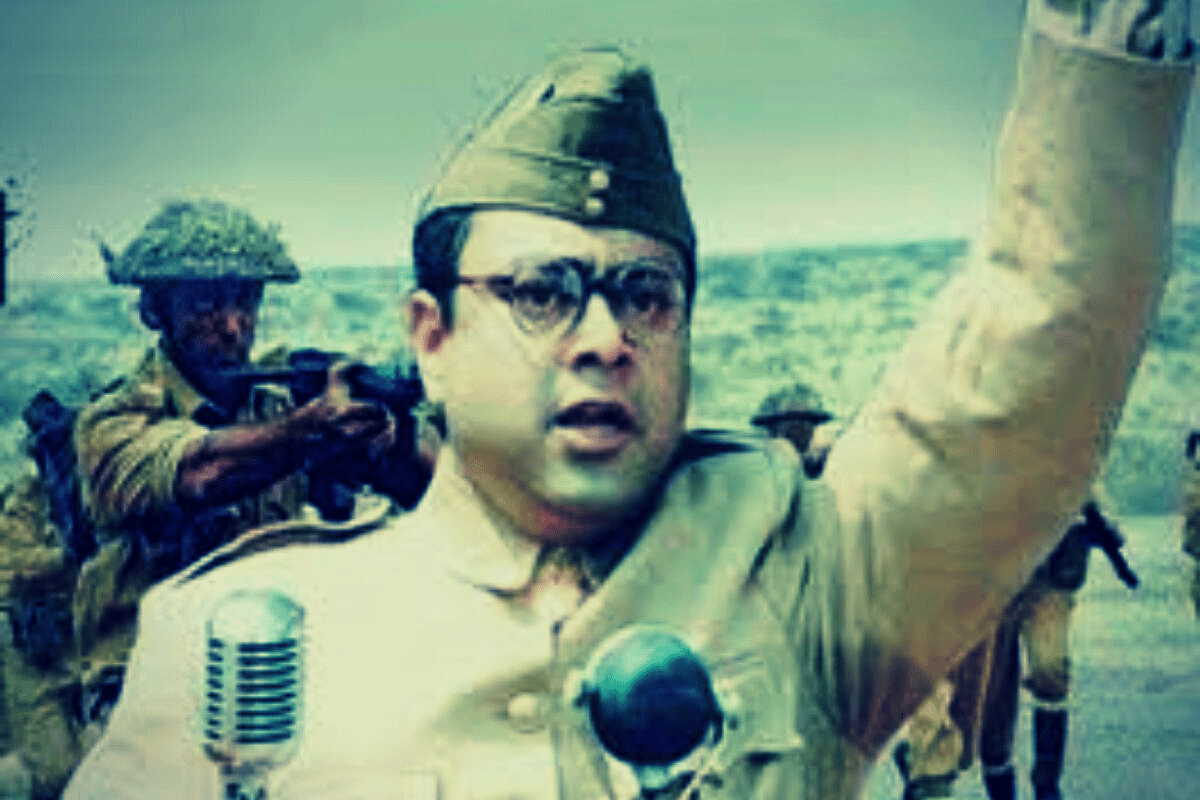
Subhash Chandra Bose, born in Cuttack, is widely known for his heroism. There is a long battle of words between violence and non-violence. Subhash Chandra Bose was a follower of the theory of non-violence. He is one of the most prominent freedom fighters though his methods are both criticized and appreciated.
Some people say non-violence is the need of the hour as the deterrent theory is, and this might be true. In this world of cruelty, doing the right thing is to take some unnecessary steps.
Being the son of a wealthy man, he left all that and did well for his country. Although Bose and Gandhi’s ideologies may have been different, their purpose was the same. Bose participated in the non-cooperation movement by Mahatma Gandhi.
Later, Subhash became the head of the Bengal Congress. After some time, he became the General Secretary of INC. He was a fearless leader who gave an inspiring speech in the best interest of the people.
Subhash had the qualities to become legendary since his childhood. He was a student who got straight A grades. Moreover, there were certain elements embedded in him that prove he was a true nationalist.
He completed his B.A in psychology and was on a remarkable way to improve India. The discipline in his behavior and the power in his words were evident from childhood.
There was a sudden rise in the position of Bose. Gradually, he was improving in the field of politics due to good personally connect. He was elected for the president first time in 1938. Then, again the next year, due to his tremendous passion for the nation.
However, he had a fallout with Gandhi on the basis of the idea of complete independence. He performed his job and duties with all his heart. What he has done in that tenure is commendable as it reshaped the INC into an enormous political party.
When the Indians were having difficulty in defeating the British, everyone was looking for a plan. In this situation, Subhash suggested a strategy. However, this plan was long and was very hard to execute.
He wanted to get the help of Germany in order to defeat the British. This does not mean that he was in support of the Nazi regime. He was in favor of the Indians and sought help from Japan and various other sources. He had a major role to play in policy development until a certain period.
It is alleged that Bose died in a plane crash in Taiwan though many say these are just speculations. This is because nobody was recovered and many people say that there was no such flight. Long books have been written on this subject, and there is no concrete evidence to know what happened.
Many people say he survived the crash, lived in Russia, and then continued to stay in India. This mystery remains unsolved and is open to wide interpretation. Nonetheless, his role in Indian history is extraordinary.
There were instances where Bhagwanji replicated Bose, and he had agreed 4 times that he is Bose. His stand was clear; he said it was for the best interest of the people and the nation that he does not come back in Indian politics.
Moreover, the writing style also matched. There is a high possibility that this theory is true. There being no concrete evidence for Bose death makes it a logical assumption.
He was the one who originated the Hind Fauz due to his extreme and justified violence against the Britishers. Moreover, he is called the ‘Netaji’ of India due to his extraordinary leadership skills. He had a great ability to tackle problems and derive a solution.
He also had numerous amount of followers who worshiped him. His slogans are famous to date, and this is why the fire of patriotic emerged; the battle cry was at the doorstep. India needed a brave leader, and there was Bose.
Every leader has his own set of ideologies, mindset, and set patterns through which he behaves and operates. Bose was fearless and took bold steps. Though his death still remains a mystery, his contribution is innately visible.
Being the founder of Hind Fauz, he imbedded the feeling of patriotism in the minds of people and thus began the most significant movement of Indian history. He believed peace could not force out the British, and that it shall be the action that does so. His whole life is contributed to the nation. Even since childhood, he loved his country and would not listen to anything against it.